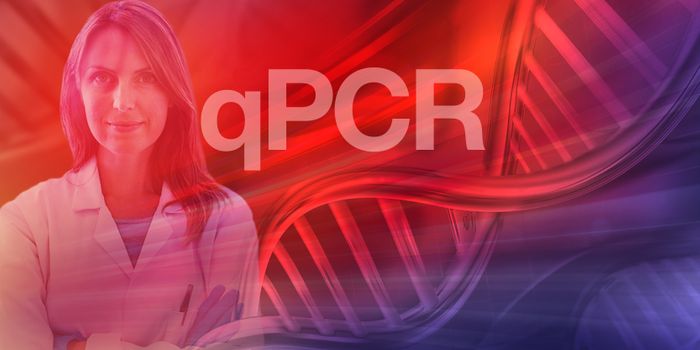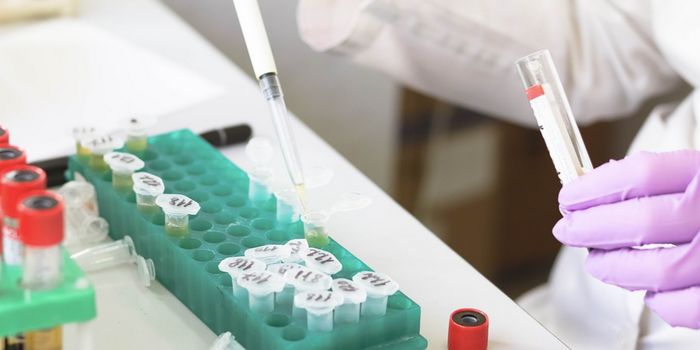21 Million Americans May be Taking a Hypothyroidism Drug Unnecessarily
About 23 million people in the United States take a drug called levothyroxine (marketed as Synthroid) for hypothyroidism, and new research has suggested that the vast majority of them - as many as 90 percent - are taking the drug unnecessarily. Hypothyroidism, when a person's thyroid gland is abnormally low in activity, is diagnosed with tests that check the levels of thyroid-stimulating hormone (TSH) and free thyroxine (Free T4). This study has indicated that there are seasonal variations to these hormones, which is not accounted for in laboratory testing, and is probably leading to the misdiagnosis of hypothyroidism and a huge number of unneeded levothyroxine prescriptions. The findings have been reported in Clinical Chemistry.
"The emerging evidence is very concerning because we're actively giving patients a drug that they don't need that can have potentially severe side effects, especially in elderly individuals over 80," cautioned report author Joe El-Khoury, Ph.D., an associate professor of laboratory medicine at Yale University.
Hypothyroidism can cause fatigue and depression, which can be debilitating in the worst cases. The disorder is diagnosed with a test that checks the level of TSH in the blood. If that level is too high, another test is conducted to assess Free T4 levels. If patients have high TSH levels along with low Free T4 levels, they will be diagnosed with hypothyroidism. Levothyroxine relieves the condition by supplying the body with T4.
In 2021, a group of researchers concluded that of the roughly 23 million Americans who actively take levothyroxine, about 21 million, about 90 percent, probably do not need the prescription. Side effects of levothyroxine include anxiety, heat intolerance, and diarrhea. In the worst cases, cardiovascular disease and death can occur, particularly in people older than 80.
TSH levels tend to be higher in winter, which is a primary reason why so many people are misdiagnosed, said El-Khoury. People are also often affected by seasonal affective disorder during winter, which can lead to symptoms that are similar to hypothyroidism. Current screening techniques are not accounting for these variations, and many people might be getting tested when they have naturally higher TSH levels. Then they are given levothyroxine.
"But if many of those same people had gotten the same test a few months later, it would have come back as normal," suggested El-Khoury.
There are some individuals in which TSH is only slightly elevated, while Free T4 levels are normal. This can also lead to a diagnosis of subclinical hypothyroidism, and sometimes levothyroxine will be prescribed to reduce TSH levels. This approach may be harming people.
"Study after study has shown that there is greater risk when you overtreat with levothyroxine in patients who may not need it," said El-Khoury.
El-Khoury suggested that before prescribing anyone levothyroxine, clinicians should test patients again at least three months after their initial test. More people should be educated about the potential overdiagnosis of the disease as well. El-Khoury also noted that clinical limits should be established for using TSH levels to diagnose hypothyroidism.
Normal TSH levels, defined by Yale, are between 0.27 and 4.2 mIU/L. Recent work has indicated that levothyroxine will not help patients who have natural levels under 7.0 mIU/L.
While changing the limit from 4.0 mIU/L to 7.0 mIU/L seems like a massive change, research has shown that the range that is now used is no longer supported by the evidence.
"TSH has such high biological variability that we have not taken into account for so many years," added El-Khoury. "We need to reexamine what we thought to be normal."
It's still important for people who are taking levothyroxine to continue taking it, noted El-Khoury, and patients should speak with their doctor about this issue. "Ask your doctor if levothyroxine is really right for you, if your TSH value was less than 7 mIU/L when treatment was initiated," he suggested.
Sources: Yale University, Clinical Chemistry









